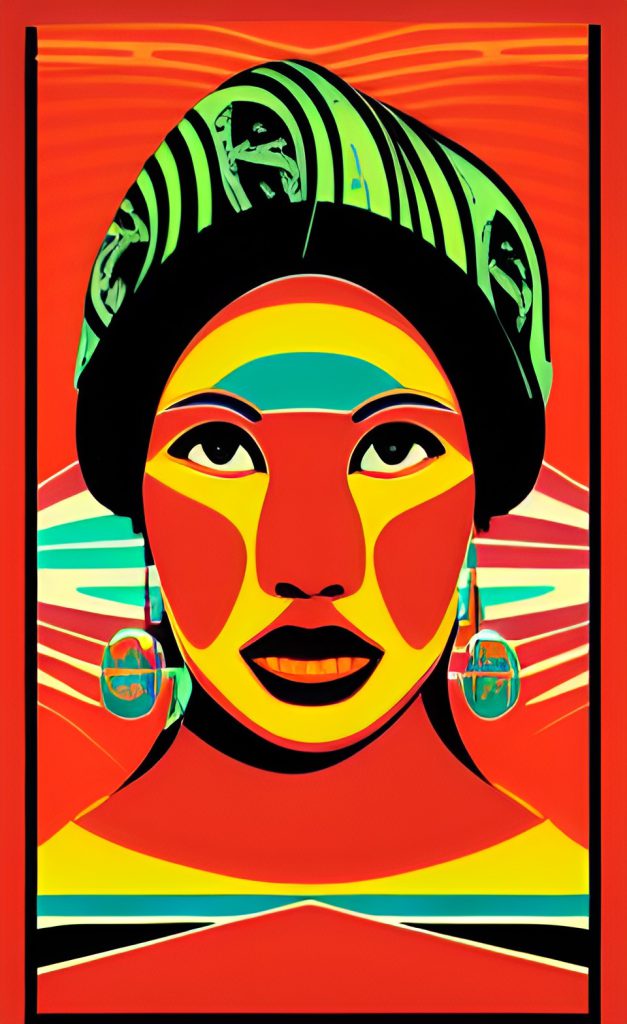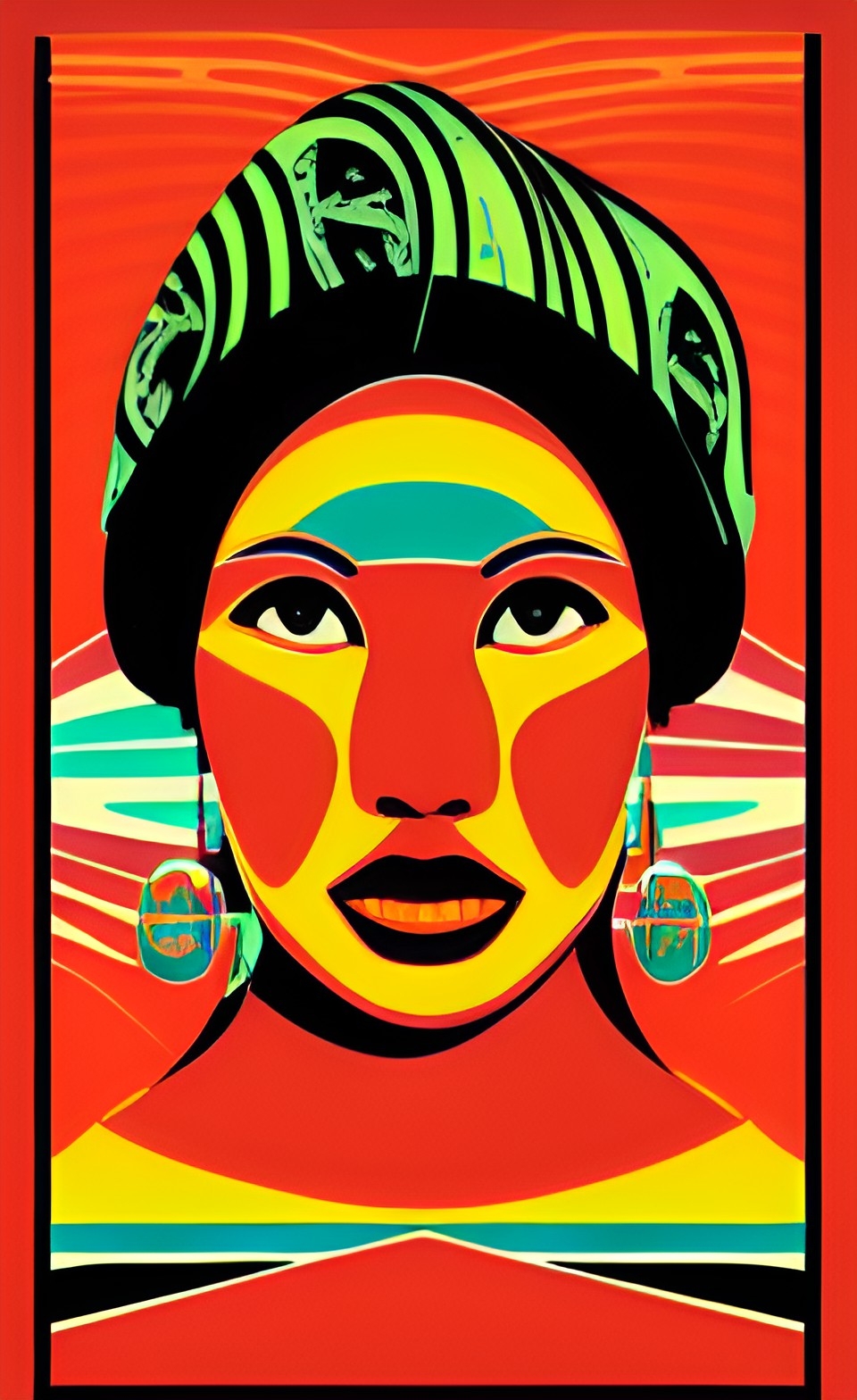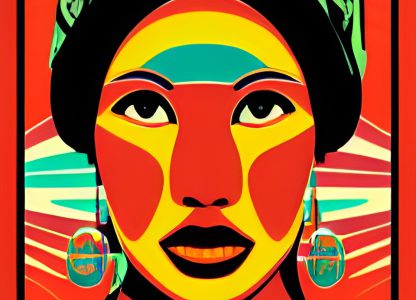For a long time the aid sector seemed to hold some kind of unspoken “freedom from accountability” card because the whole sector supposedly consists of people in the business of generosity and “doing good”. This has changed during recent years when more marginalized communities (and communities ‘receiving’ aid) have become connected to the internet. As they have become connected, they have also been able to share their experiences of aid organizations with the world. For example, the rise of #metoo, which in the aid sector became #aidtoo, as well as the Black Lives Matter movement, have been especially important for increasing the pressure to deal with some of the deeply rooted issues that exist within the aid sector. The most burning question is perhaps: How can an industry that prides itself with being in the business of ‘improving people’s lives’ and ‘caring for the most vulnerable’ lack so much self-awareness and accountability?
All the accounts we hear and all the indicators we see of racism in the aid sector are merely symptoms of an underlying cause. Sometimes these symptoms might be a social media campaign that completely misses the mark or white saviourism exemplified by the latest celebrity ambassador of some large international charity. Other times it is the unintended change of tone in a conversation between colleagues, not being able to climb the ranks within an organization or the reluctance of organizations to respond to questions or provide statistics on the diversity of their workforce or leadership.
Even though these issues have only reached the awareness of a wider public during recent years, they have lingered in the aid sector for as long as the sector has existed. These remnants of the colonial past reinforce the status quo and create dependencies to the Global North and the international community. The discourse is there before any of the ‘aid work’ even starts. Not only does this favour international organizations and international employees, but it also affects how local employees perceive their own communities.
The influence of structural racism is so deeply embedded in the everyday culture and working practice of those in the sector that it has affected the way local staff regard their own communities and how they engage with international NGOs — even the language used in the aid system reinforces discriminatory and racist perceptions of non-white populations.
The above quote is from an interview by Arise News with Shannon Paige from Peace Direct. (You can watch the interview here.) In 2021, Peace Direct published the Time to Decolonise Aid -report, which gained quite a lot of momentum, and earlier this year, Peace Direct released a follow up report called Race, Power and Peacebuilding. I think these two reports are a great starting point for discussion. I hope you will join us as we continue this conversation in future posts.
Two questions that come to mind are:
- Where do aid organizations’ mandate come from?
- Is it possible for existing international aid organizations that are benefiting from this system to conduct their work in any different way?
What are your thoughts on this? And what questions come to your mind when reflecting over this?


